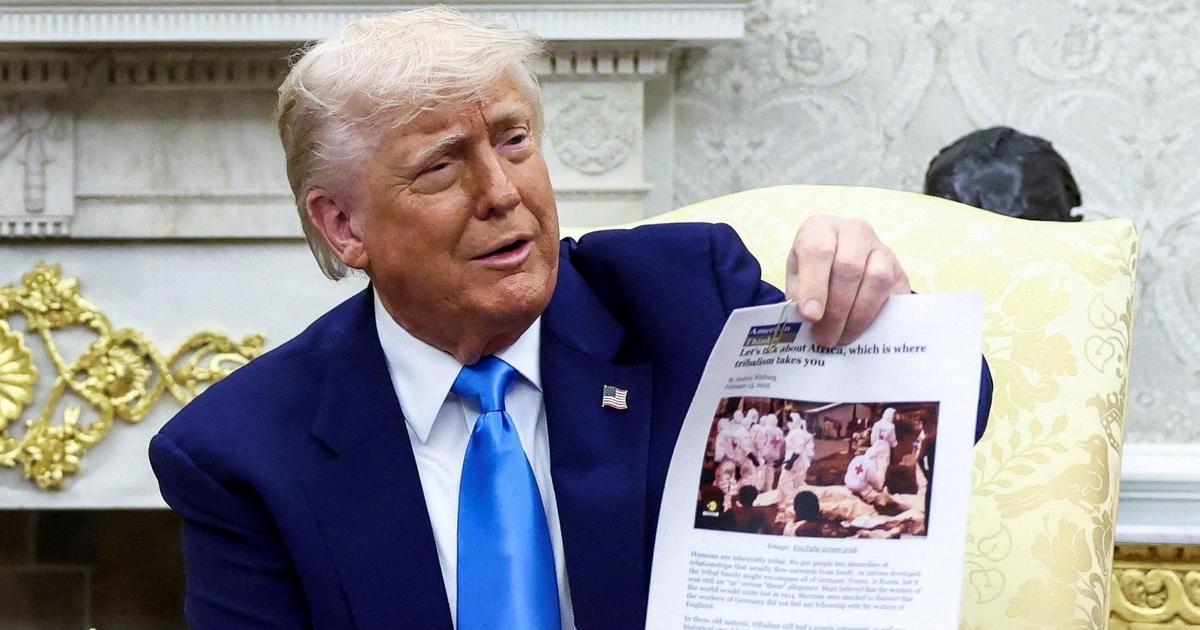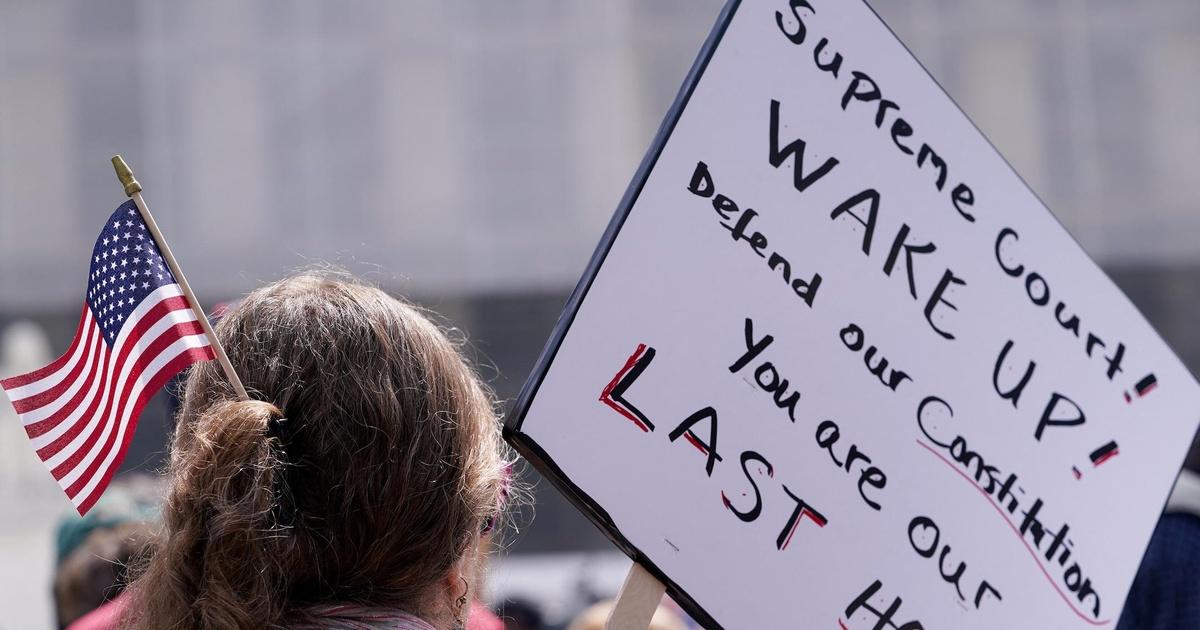Mississippi governor on how changes to Medicaid, disaster funding could impact his state
Well, we actually have seen an increase in funding for our educational institutions by approximately $800 million over the last four years.
Generally speaking, the $7.135 billion budget that the legislature passed yesterday is basically seeing a year-over-year flat budget. So we're not seeing significant increases in general in very many state agencies. And so our actual K-12 budget was up almost $250 million year-over-year in the current fiscal year. And so to keep that number basically flat makes perfect sense for us.
We have seen incredible results in the classroom. I couldn't be more proud of our teachers, of our students. We have gone, as you know, from 49th in the nation in fourth grade reading to ninth in the nation. We have gone from 50th in fourth grade math to 16th in America in fourth grade math. If you look at the Education Counts numbers, we have gone from 50th overall in education to 30th in America now.
And so we have made tremendous progress. And that's because we have got a lot of dedicated people, teachers, students, parents, and policymakers, that are convinced that we can continue to move up those charts.
Well, obviously, the president has appointed a commission to look into FEMA funding and how to do that going forward.
I don't know that there's any guarantees that we're going to see less federal funding. I do think there's a pretty strong sense that we're going to see fewer federal employees and give more responsibility and more opportunity and, quite honestly, more freedom for states to run the disasters.
The reality is, if you look at the federal Stafford Act, it's always been contemplated that response to natural disasters are state-managed, locally executed, and federally supported. Obviously, we have more than our fair share of experience when it comes to disaster management. And we think that the Trump administration taking a second look at the way in which FEMA operates makes perfect sense to us.
We were very pleased that the president did approve my disaster declaration. We did have some horrific storms come through our state about two months ago. And, in fact, one of them hit my wife's hometown of Tylertown, Mississippi. And so the federal declaration approved by President Trump last week is going to go a long way towards helping us help those people recover.
Well, I haven't heard the president or Secretary Noem or anyone involved in the process say that the federal government is not going to be included in the process.
I think what they're looking at is ways in which to streamline, ways in which to give freedom to states, ways in which to support, but to support without the tremendous amount of overhead that is currently being paid at the Emergency Management Agency in Washington, D.C.
And I think you're going to see that this is really a theme across the board. The other side of the aisle believes in centralized decision-making. The Democrats believe that the best decisions are made in Washington, D.C., whereas I believe that best decisions are made by individuals.
And so to give more power to the states, more powers to individuals, certainly, I think you're going to continue to see federal support. The Congress is going to demand that, as well they should. And if we can find a better, more efficient way to operate, then that's what we ought to be looking to do.
The reality is, we have $36 trillion in debt in this country. Doing things exactly the same way that they have always been done, honestly, it's not an option because it's going to destroy our country if we don't get control of our national debt.












